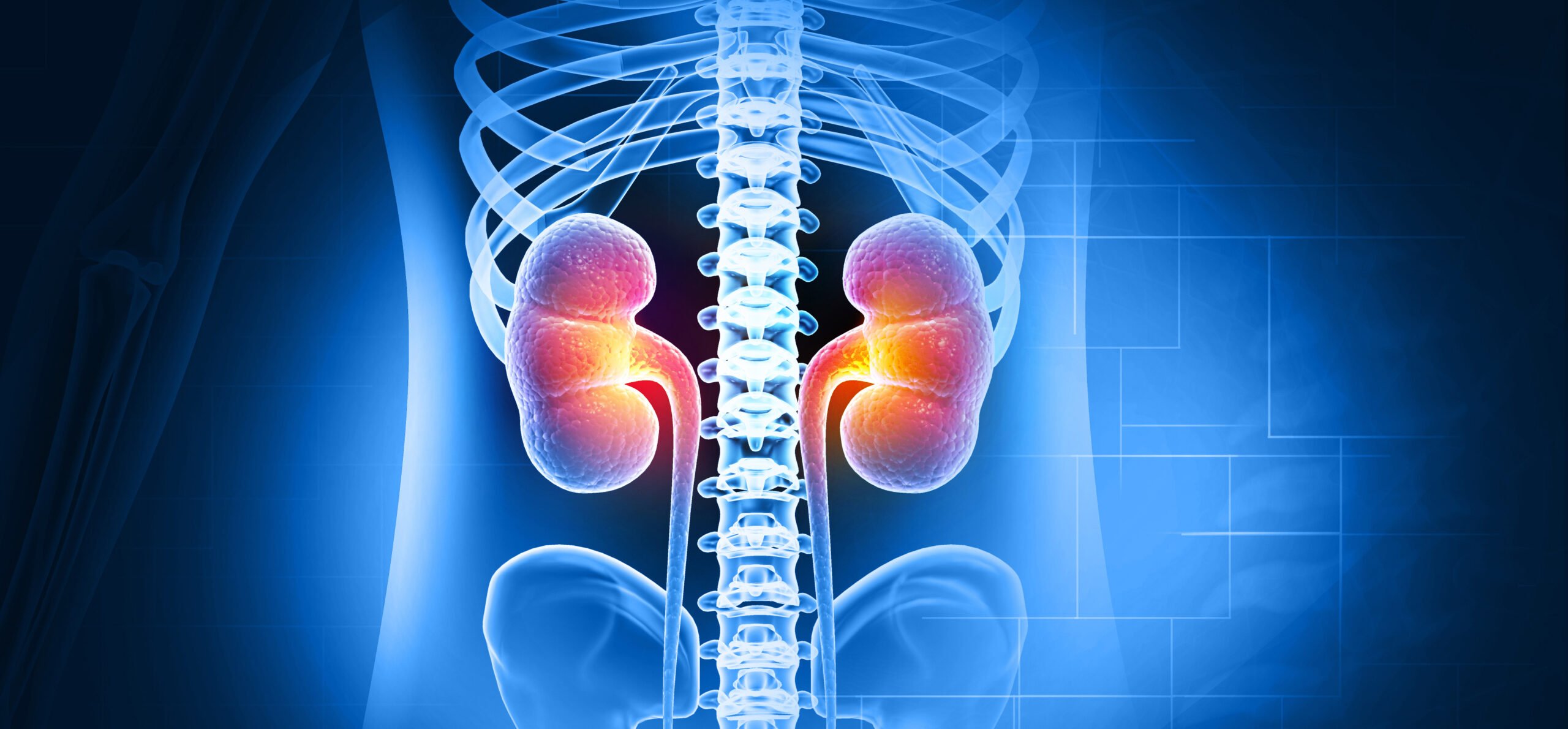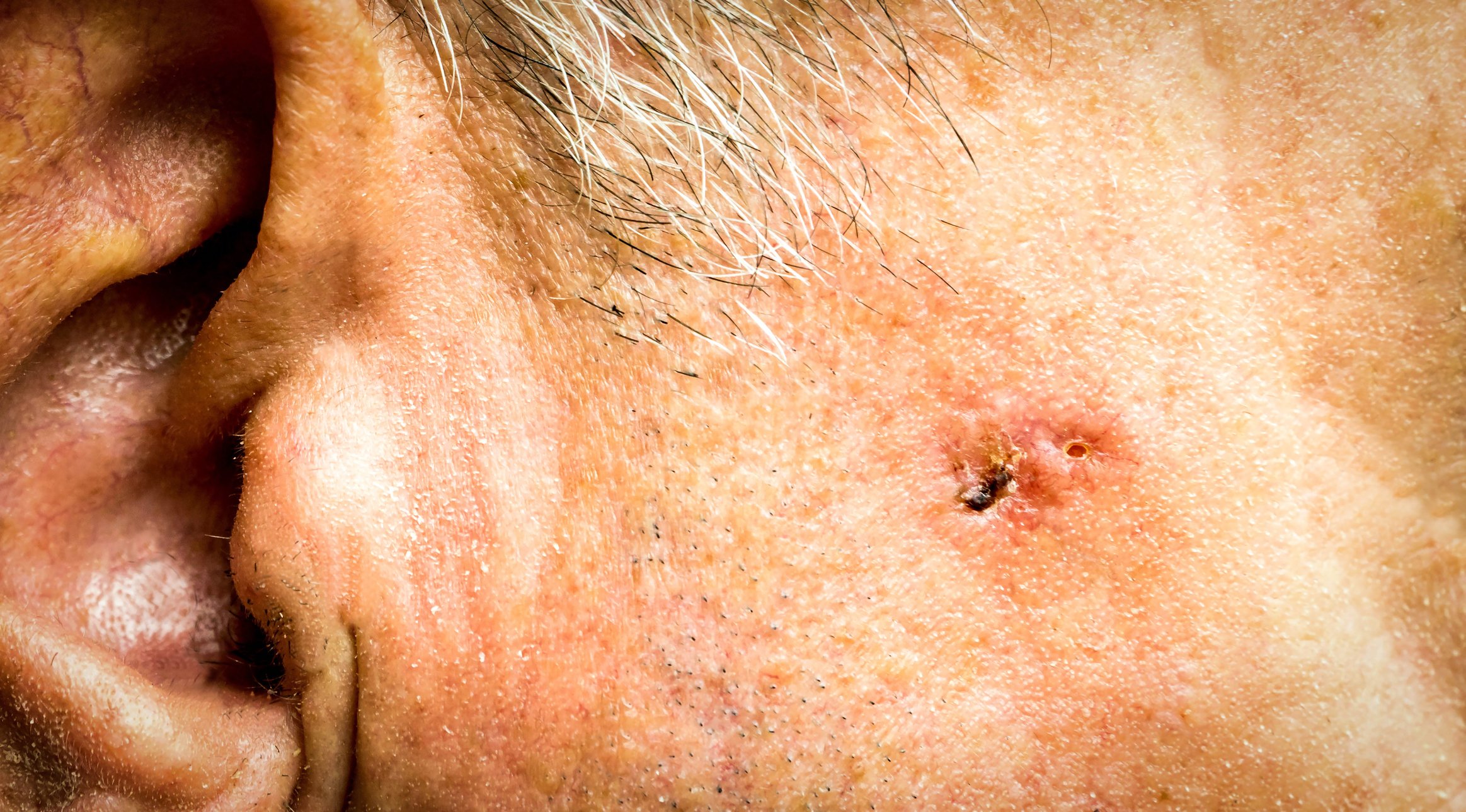Autonomous mini-robots made of DNA can be specifically “programmed” to inflict damage on the tumor. The concept has now been proven in the mouse model.
A pilot study with nanoscale “robots” is raising eyebrows. For the first time, the principle of intelligent drug delivery has been proven in mammals, i.e. in vivo.
The mini-robots release their tumor-damaging charge only when they experience a very specific trigger at the molecular level. In the case of the aforementioned study in mice with breast, melanoma, ovarian and lung cancer, this was nucleolin – a protein specifically expressed on tumor-associated endothelial cells but not on healthy cells. The corresponding blood vessels thus serve to supply the tumor with blood.
Autonomous robots from DNA
The nanosized systems consist of so-called origami DNA. Attached to this is the actual charge that is dangerous to the tumor, thrombin, as well as a DNA that binds the aforementioned nucleolin and has been “programmed” to mechanically release the thrombin simultaneously with the binding.
The tumor experiences its own “heart attack
How the whole process works in living beings is thus clear: the nanorobots are injected intravenously, reach the tumor site and bind to nucleolin on tumor-associated blood vessels. Immediately, the “hatch” opens and the blood clotting enzyme thrombin can perform its natural function: It coagulates the blood, which should actually flow to the tumor. A kind of mini-thrombus develops, the tumor experiences its very own “heart attack” including necrosis and inhibition of tumor growth.
After the therapeutic attack maneuver, most of the nanorobots were dismantled. Moreover, not only did the primary tumor regress, but metastases were also prevented, thus prolonging survival.
Consequently, the mouse model showed that the concept works and that the nanorobots are also safe and immunologically inert. It could also make human medicine even more precise in the near future.
In a nutshell
- Mini robots respond to molecular triggers.
- Only then do they release their tumor-damaging charge.
- In mice, the high-precision approach is showing initial success.
Source: Li S, et al: A DNA nanorobot functions as a cancer therapeutic in response to a molecular trigger in vivo. Nature Biotechnology 2018. DOI: 10.1038/nbt.4071 [Epub ahead of print].
InFo ONCOLOGY & HEMATOLOGY 2018; 6(5): 4.











